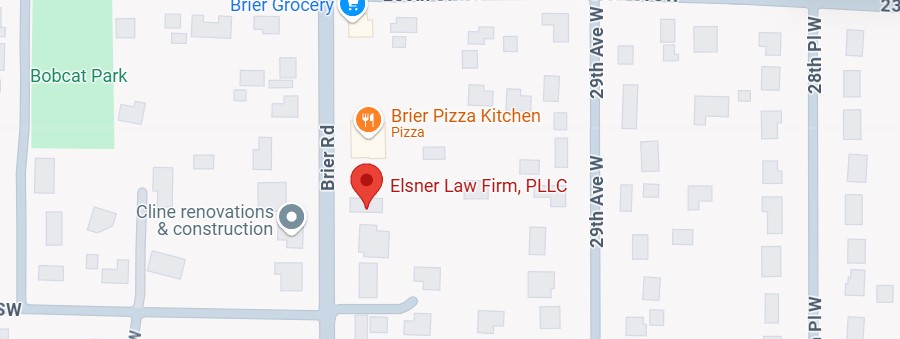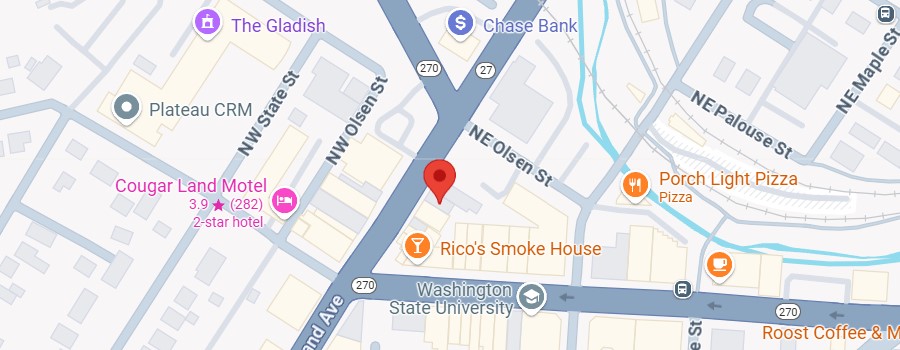Talking to an Adjuster: Understanding Fault and Your Rights
When you’re dealing with an accident, getting all the details straight and making sure everyone is on the same page can be a challenge. When you’re not at-fault, you have a responsibility to ensure that you’re being treated fairly by the at-fault party’s adjuster. Think the insurance company is fair? A good litmus test is to ask the at-fault party’s adjuster these five questions. Their response may make you change your mind.
You want me to give a recorded statement – can I get a transcript of your driver’s recorded statement?
An insurance adjuster will rarely give out information about their driver, including their recorded statement. They are trying to protect their insured’s interest and aren’t looking out for you. By providing your recorded statement without the other driver’s in return, you’re putting yourself at a liability for resolving your case.
Do you agree that your insured was at fault and will you pay all of my medical bills?
The insurance adjuster will only agree to pay bills that are reasonable and necessary and related to the motor vehicle collision. They will be the one to decide whether bills are paid. Even if your doctor that treats you says the bills are for the accident, the non-doctor adjuster may override your doctor.
What are your insured’s policy limits?
The adjuster will rarely ever tell you what the maximum amount of damages that are covered by the insurance policy. Again, this is because they are trying to protect their insured and not you.
I can’t work – will you pay my wage loss now?
The at-fault insurance company won’t pay for any of your damages (except vehicle) until you have completed treatment and are ready to settle the case. They won’t pay bills, compensate you for loss of wages, or any other damages as they are incurred.
Should I talk to a lawyer?
Insurance adjusters will be overly friendly and try to get you to settle the case quickly. They don’t want you to talk to a lawyer and won’t advise you to do so. They’ve been trained to pay out as little as possible and the last thing they want is for someone to ensure your rights are protected.
Even if you’re not at-fault, you still have to protect yourself. As the answers to these questions show, the at-fault driver’s adjuster will not be fighting for you – even if you’re in the right. Make sure you have the right team to help you get what the payment for damages you deserve, including a lawyer to assist with your personal injury case. That’s where Elsner Law Firm comes in. With our breadth of experience working with personal injury cases and insurance adjusters, we can make sure you’re protected and heading the right direction. Give us a call today.






